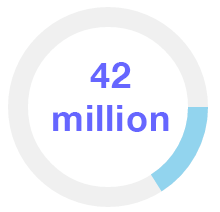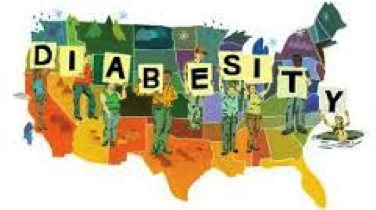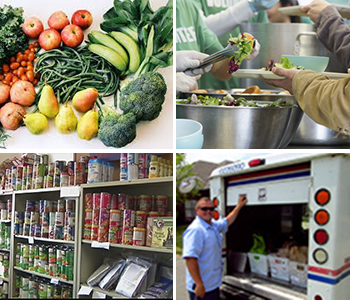One in seven people in the US is food insecure
Over time, not having enough to eat and not knowing when you will eat can lead to these conditions:
- Unbalanced nutrition
- Periods of weight gain and loss
- Stress
- Reduced resilience
Certain groups of people, such as children, the elderly, and the homeless are even more susceptible to the effects of hunger and food insecurity.


